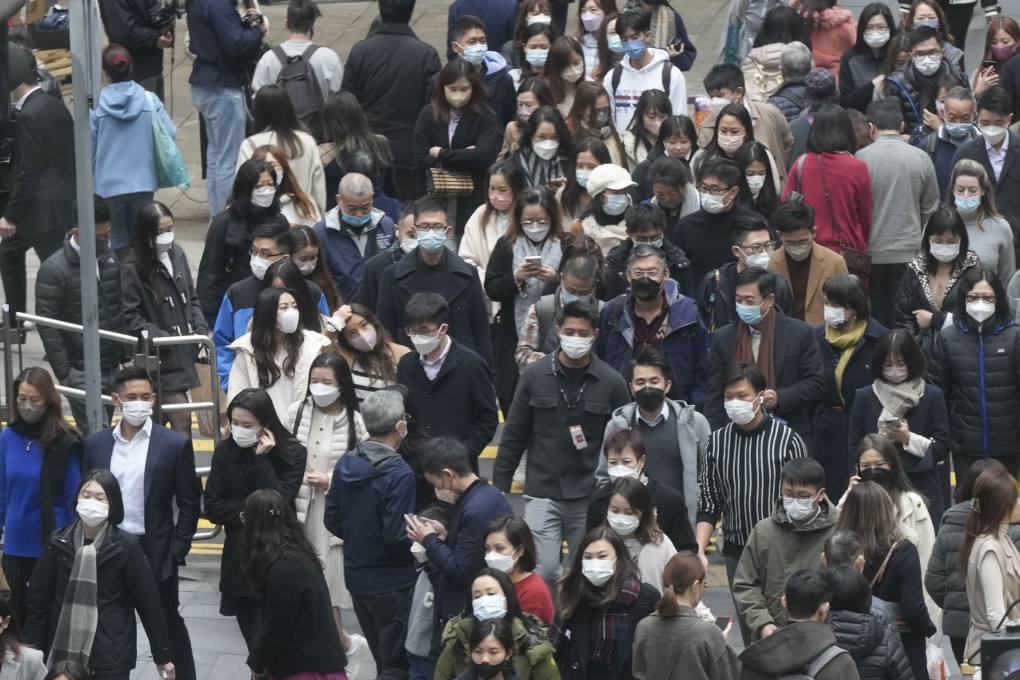My Take | Why the opposition was crushed in Hong Kong
- As the international political landscape rapidly changed in the late 2010s, many in the city backed the wrong horse by siding with the Western powers and Taiwan

The trial of 47 opposition figures under the national security law is inevitably reported as “democracy on trial” in the foreign news media. Straightforward, no? There are actually many problems with this narrative.
For one, only 16 are now on trial to fight their charges as 31 others have pleaded guilty or are willing to admit liability. Reading many foreign news outlets, you suspect the writers aren’t even aware or else care nothing about this little factual detail. Trying 47 democracy fighters certainly makes a better headline than just 16. This kind of lack of attention to basic facts is fairly typical when it comes to reporting on Hong Kong and China in general.
But there is a much deeper problem with this narrative, which has to do with the question: why did Hong Kong enjoy more democracy and freedoms for more than two decades under Chinese communist rule than it ever did under British colonialism?
Let me show my hand now so you can stop reading if you don’t like what I am about to argue. Beijing was perfectly willing to accept democracy in Hong Kong, but not when the democrats and their supporters sided with the Western powers and were willing to open the city to foreign influence and infiltration.
Opposition action escalated from relatively peaceful protests to outright violence, first with the Occupy movement in 2014, then the unprecedented and highly coordinated riots in 2019. The West naturally saw only democracy at work, but Beijing, not unreasonably, considered such action a direct threat to national security. The central government saw what happened to countries hit by those so-called colour revolutions, from the Middle East to eastern Europe and Ukraine, whose fallouts and consequences the world is still paying for today.
